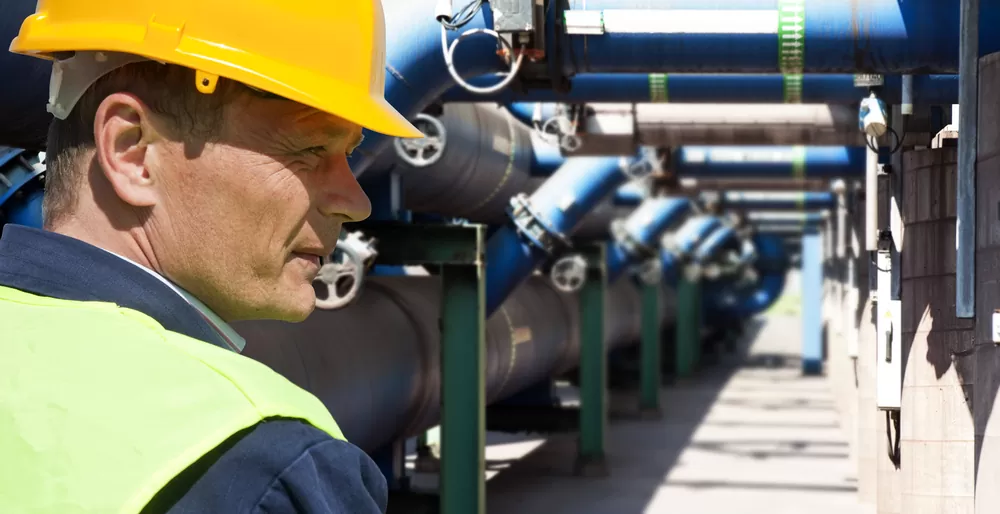In a rapidly evolving world where environmental sustainability is paramount, the future of industrial waste management is taking centre stage. Companies like Benzoil spearhead this transformation, offering innovative solutions for waste oil disposal, recycling, and resource recovery. In this comprehensive exploration, we delve into the current trends and cutting-edge innovations shaping the landscape of industrial waste management.
Benzoil’s Unwavering Commitment
At Benzoil, our mission is crystal clear — we are waste-to-product specialists committed to converting industrial waste into valuable resources. Leveraging a deeply connected network and strategic partnerships, we aim to uncover best practices for handling waste and surplus materials, positively impacting both industry and the environment.
Oil and Gas Management
Recovery of Used Oil and Beyond
The potential for revitalising spent materials is vast, and Benzoil is at the forefront of this endeavour. With a unique blend of activities, we possess an in-depth understanding of oil and chemical markets, catering to the needs and applications of oil buyers.
Benzoil actively procures and markets a select range of hydrocarbon products, particularly those derived from used oil. We actively seek used oil, recognising its inherent value and often offering monetary compensation.
Used oils encompass a variety of types, including:
- Electrical insulating fluids (transformer oil)
- Hydraulic oil
- Garage or workshop oil (crankcase oil)
- Lubricants
- Turbine and gearbox oil (and other rotating equipment)
- Synthetic oil
Expanding our horizons, Benzoil is engaged in large-scale projects focused on the recovery of solvents and ethylene glycol, showcasing our dedication to diversifying our waste-to-product initiatives.
Waste-to-Product Transformation
Benzoil actively seeks industrial waste materials with untapped potential value, viewing them not as burdens but as opportunities. Our extensive experience and connections enable us to transform waste materials and process by-products into valuable, marketable products.
This transformative process involves:
- Trading it immediately for reuse by identifying willing off-takers with specific requirements.
- Adding value before selling through various processing methods such as briquette, agglomeration, blending, or reacting.
- Arranging for final disposal when there is no potential for reuse.
Successful transformations by Benzoil include turning sludge into organic-based fertilisers, converting clays and sawdust into cat litter, producing fuel pellets from petroleum coke dust, and extracting valuable metals from spent batteries.
Hazardous Waste Processing & Disposal
When beneficial re-use is not feasible, or destruction is necessary, Benzoil relies on compliant waste disposal partners, adhering to industry best practices. We handle various types of wastes, including liquid, solid, gas, or sludge, containing properties that pose a danger to human health or the environment.
Benzoil is geared to work with a diverse range of waste streams, including:
- Chemical by-products from industrial processes
- Legacy materials and waste stockpiles
- Surplus or out-of-spec products
- Decontamination, decommissioning, and demolition projects
- End-of-life plant and equipment
Conclusion
In a world increasingly conscious of its environmental impact, the future of industrial waste management lies in innovative and sustainable solutions. Companies like Benzoil are not just navigating these changes but actively contributing to a greener and more responsible future.
FAQs
Q1: How does Benzoil recover used oil?
Benzoil actively procures used oil, recognising its inherent value, and markets select hydrocarbon products derived from it.
Q2: What are some successful waste transformations by Benzoil?
Examples include turning sludge into organic-based fertilisers and recovering valuable metals from spent batteries.
Q3: What waste streams does Benzoil handle for disposal?
Benzoil deals with various waste streams, including chemical by-products, legacy materials, and surplus or out-of-spec products.
Q4: How does Benzoil contribute to hazardous waste management?
Benzoil utilises compliant waste disposal partners for liquid, solid, gas, or sludge wastes with harmful properties.
Q5: What sets Benzoil apart in the waste management industry?
Benzoil’s commitment to waste-to-product transformation, strategic partnerships, and environmental stewardship distinguishes it from others.

